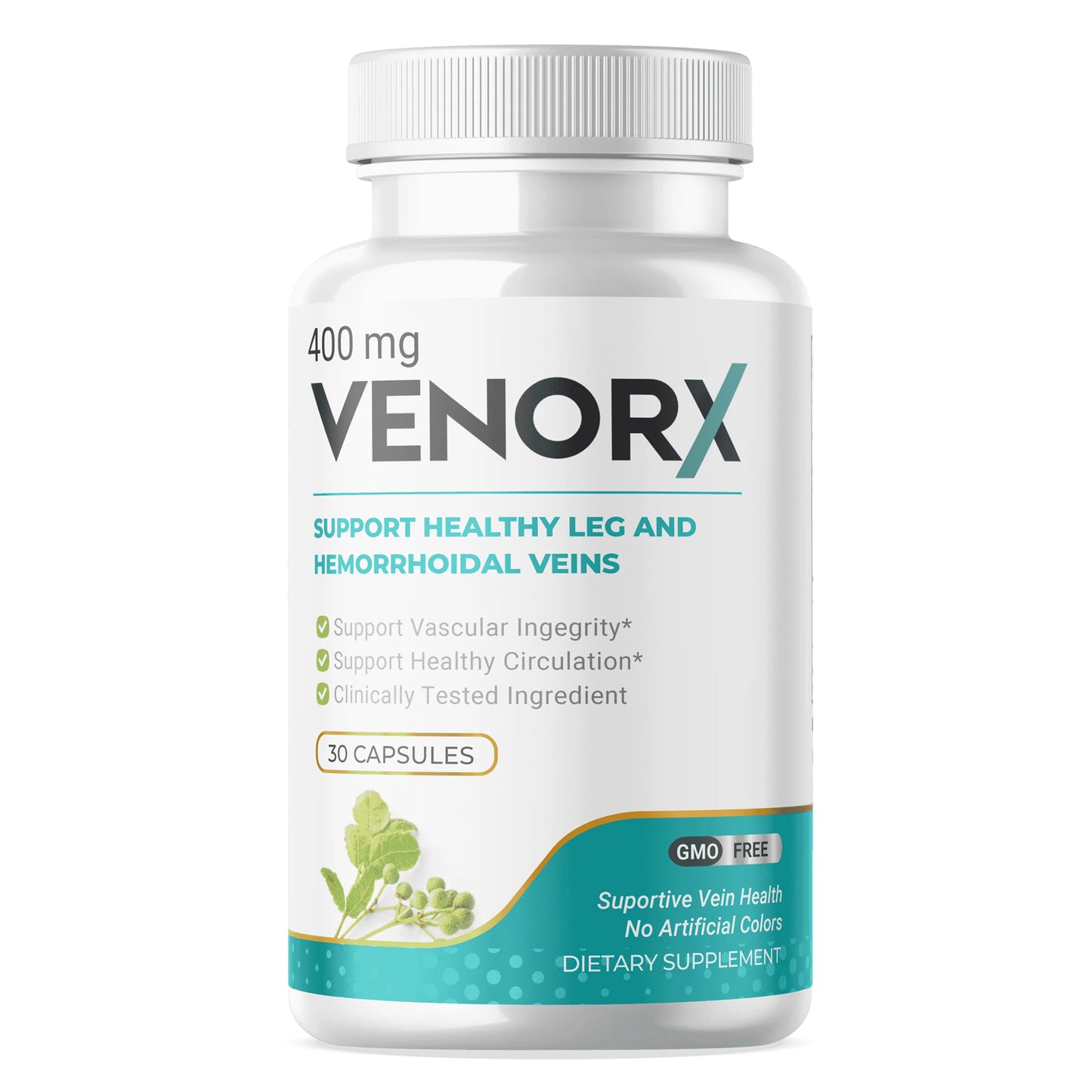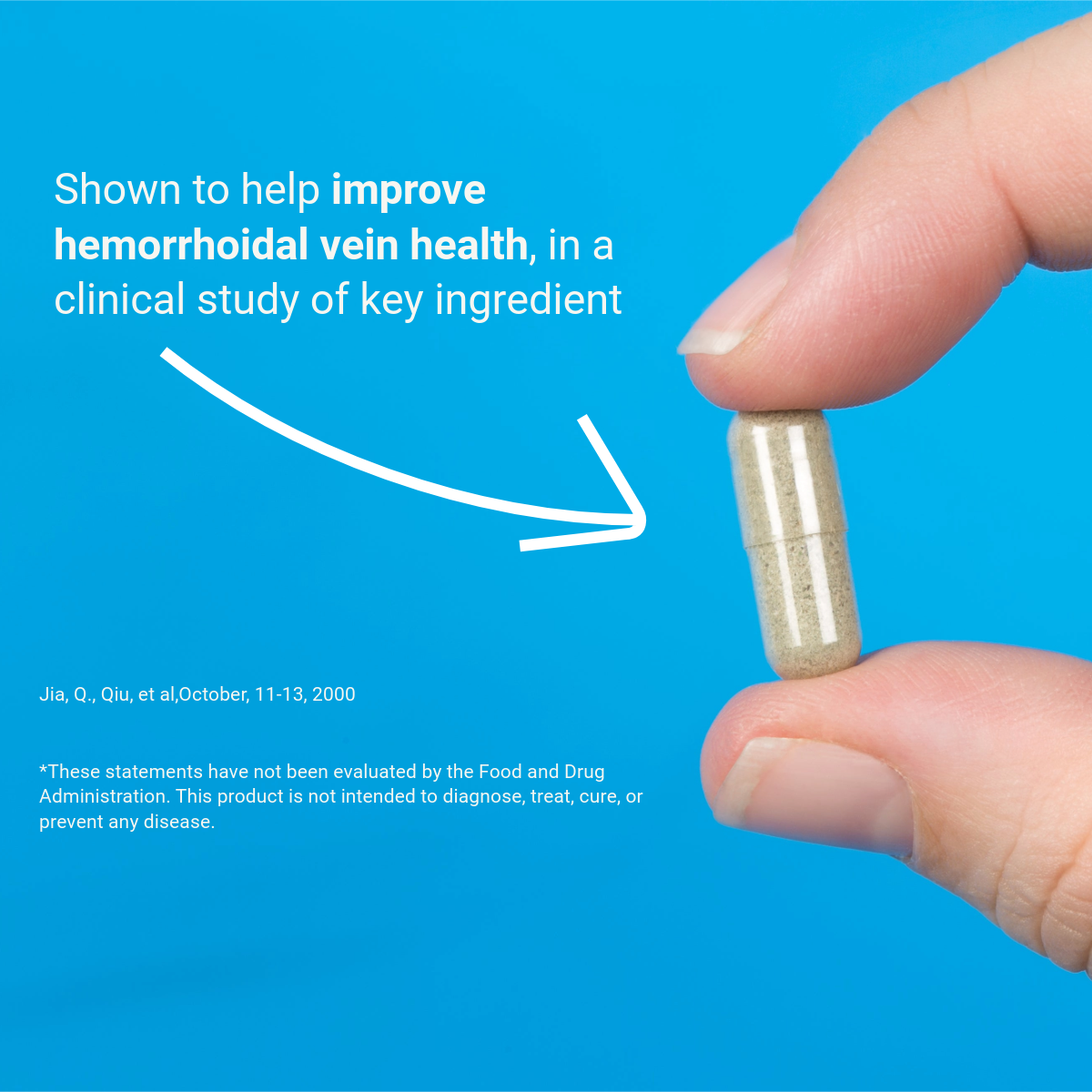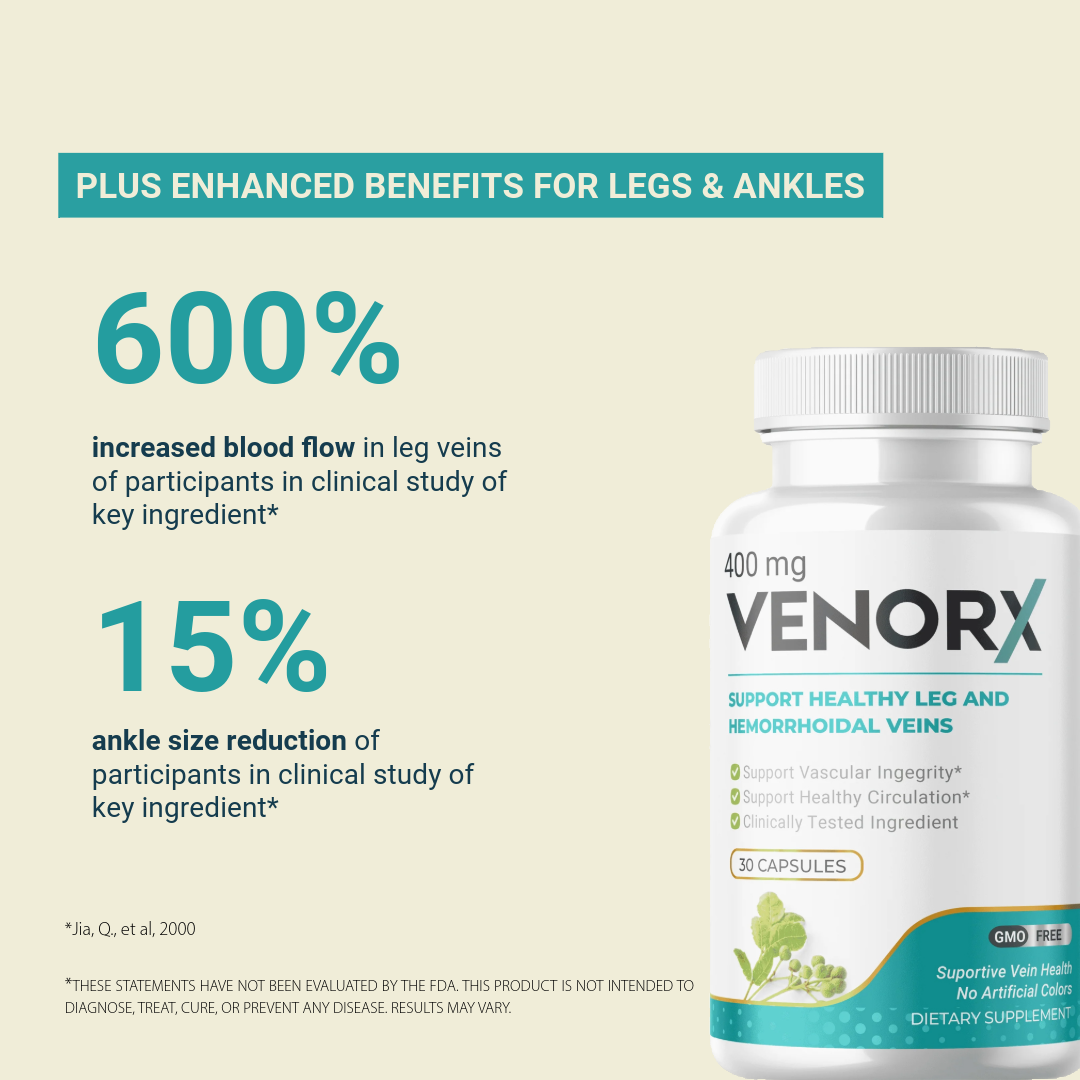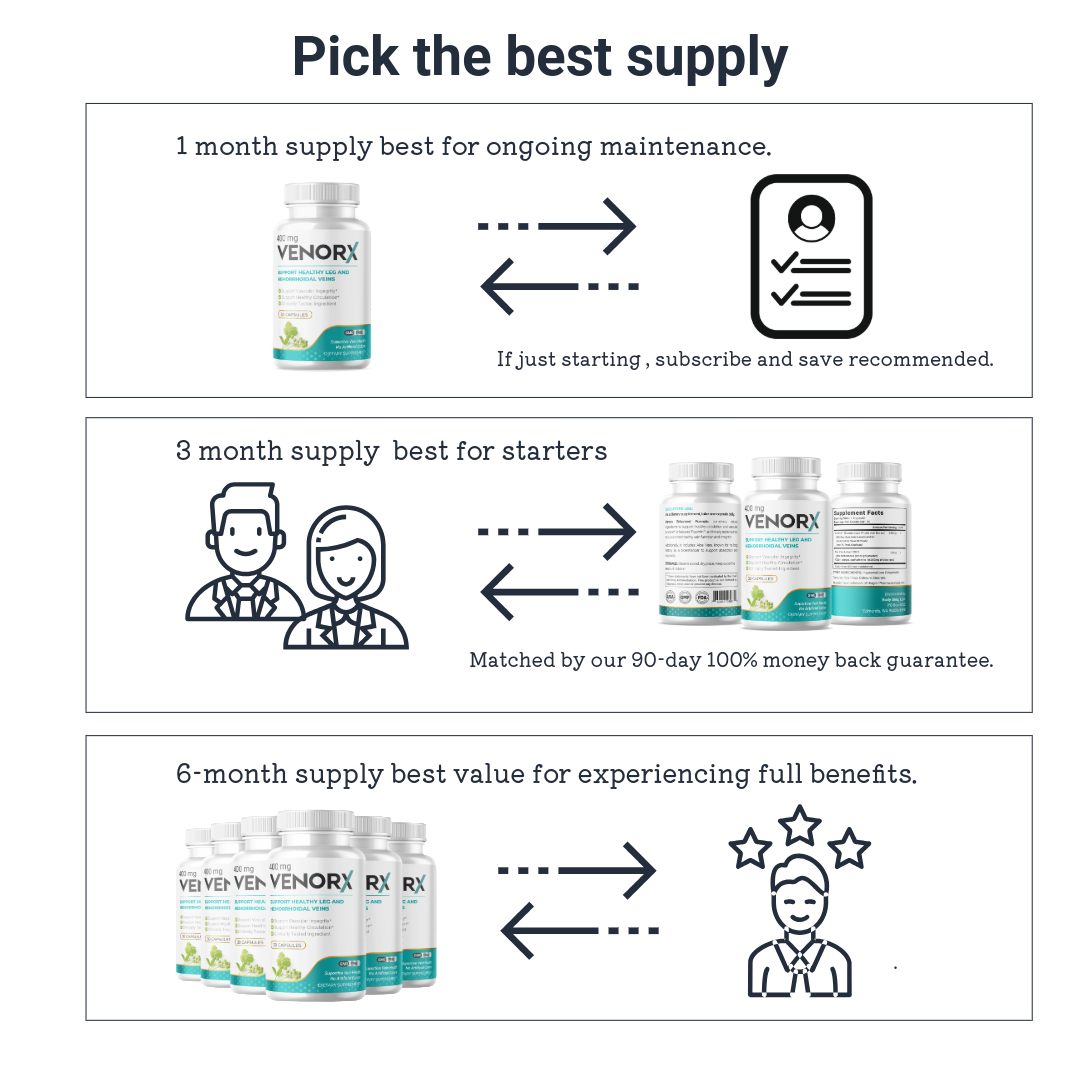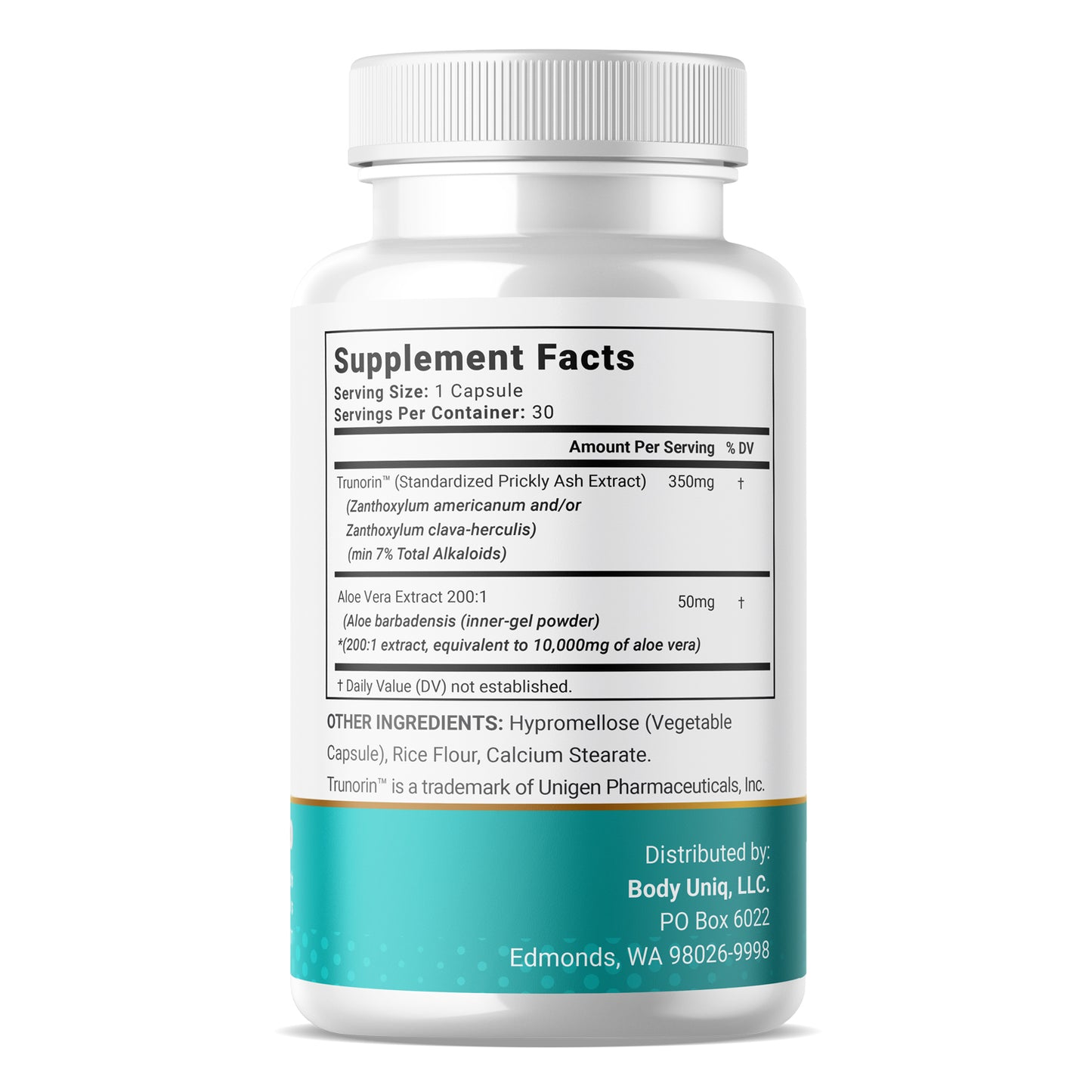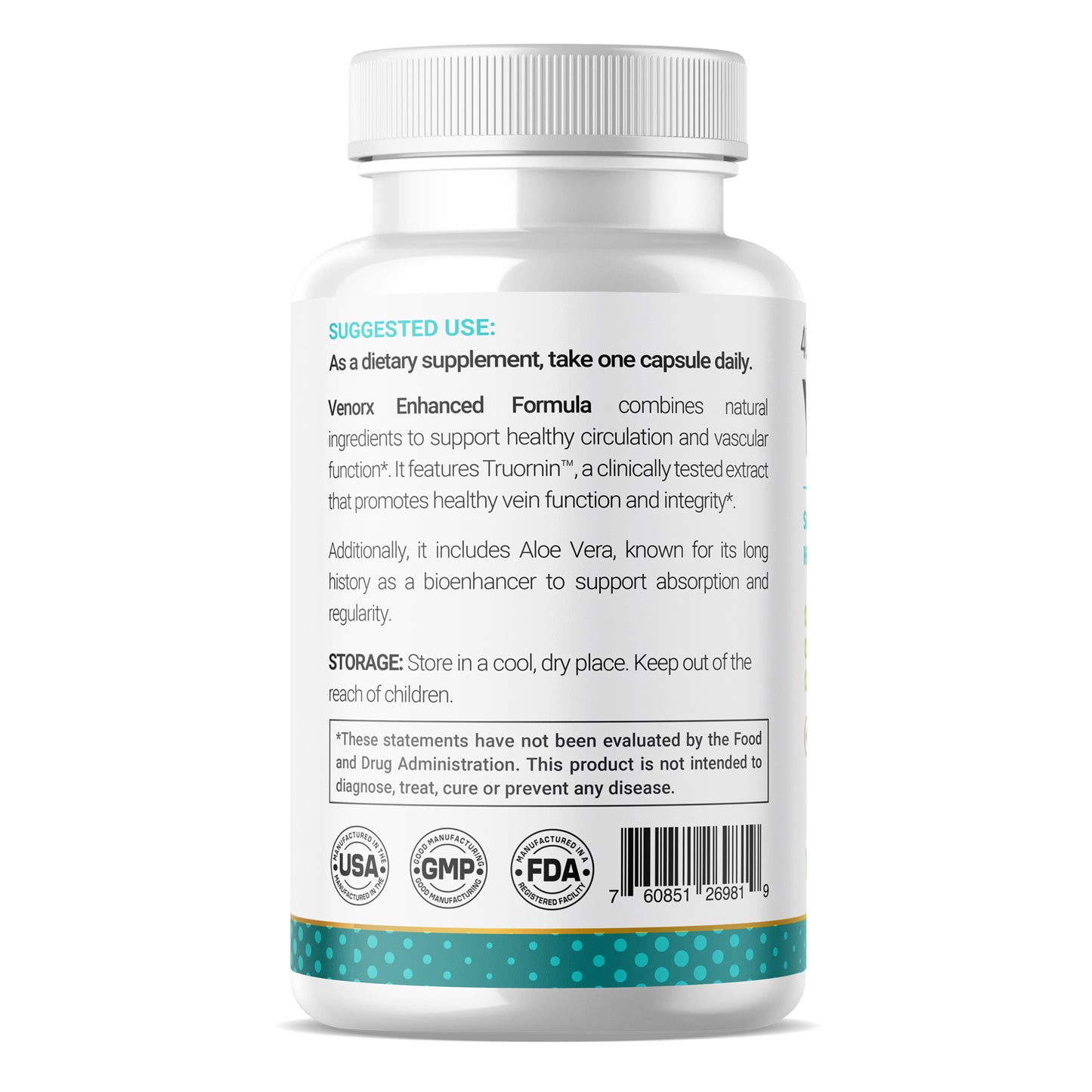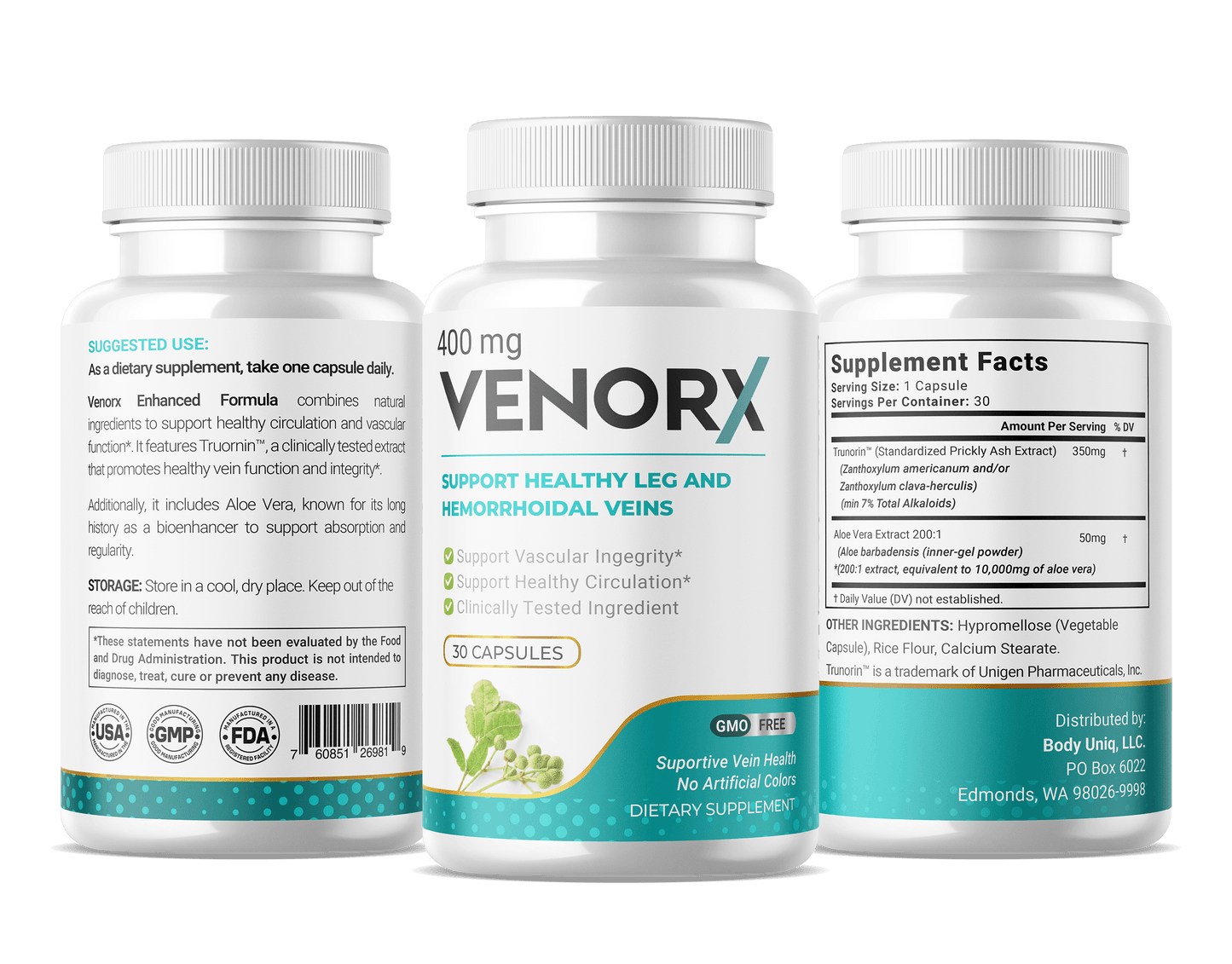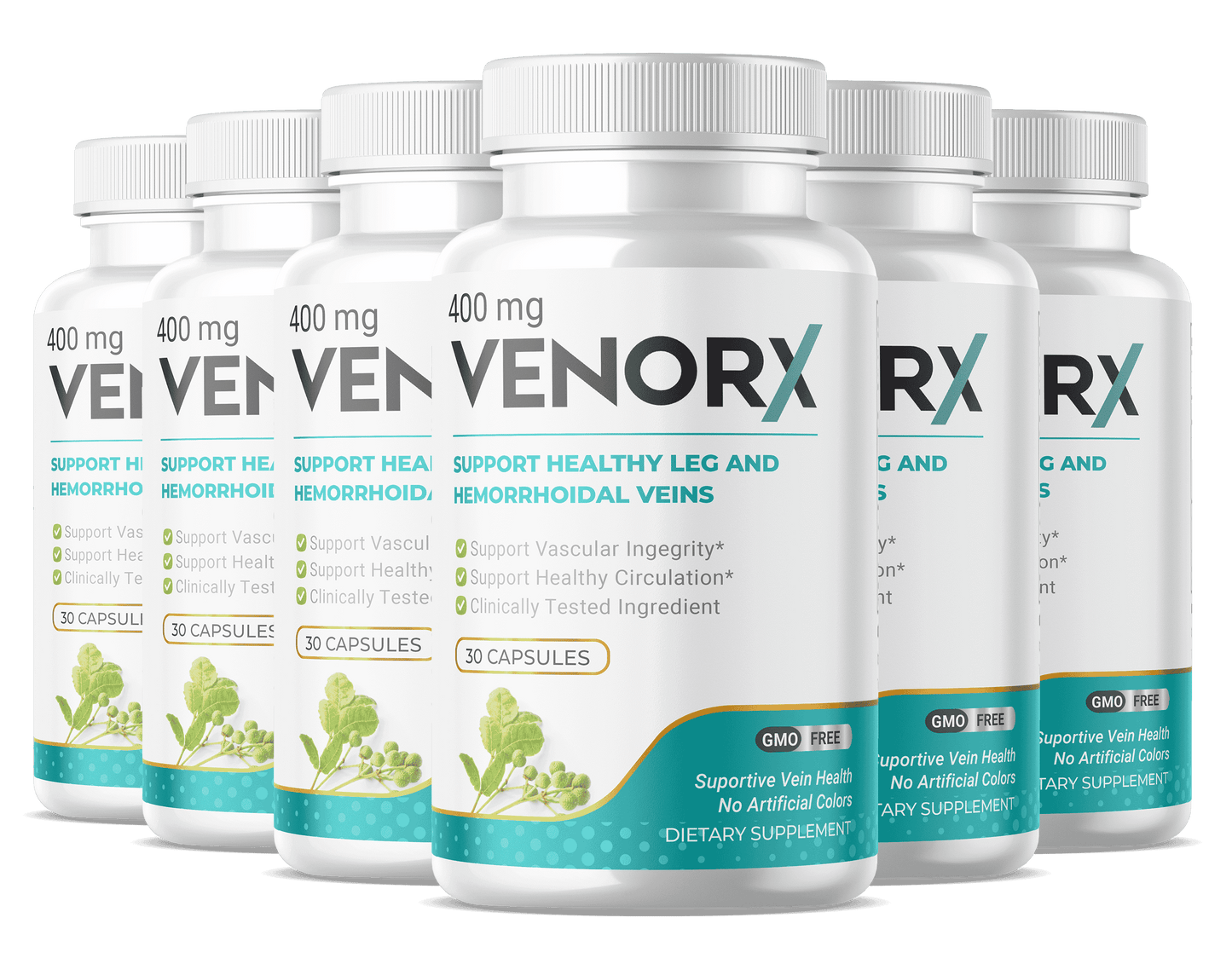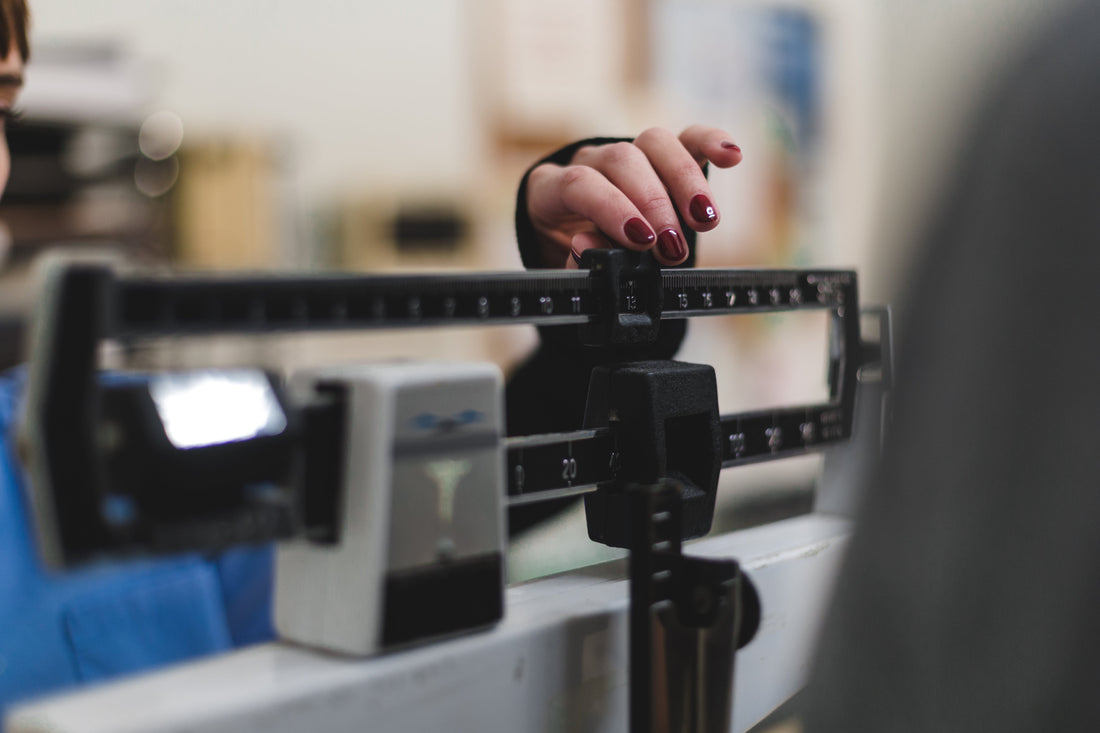
GLP-1 Use and Hemorrhoidal Vein Health: How to Promote Circulation Naturally
Share
How GLP-1 Medications Affect Hemorrhoidal Vein Health — And How to Promote Circulation Naturally
GLP-1 medications, like Ozempic and Wegovy, are growing in popularity for helping people manage type 2 diabetes and lose weight. These medications work by controlling blood sugar levels and reducing appetite. While they can be effective, some people experience digestive side effects that may increase strain on the body’s circulatory system—especially the delicate veins around the rectum and anus.
This area is supported by a network of sensitive veins known as the hemorrhoidal plexus, which naturally lacks valves. That means blood doesn't circulate as easily, making these veins likely to require dietary support —especially when digestion or bowel movements are disrupted. Learn more about the hemorrhoidal plexus here.
Fortunately, there are natural, non-invasive ways to support healthy hemorrhoidal veins and blood flow. And for those looking for a natural solution, Venorx is designed specifically to nourish this circulatory network and support comfort from the inside out. Find studies on circulation and herbal remedies here.
Natural Ways to Promote Circulation and Vein Health
1. Eat More Fiber
Why it helps: A high-fiber diet keeps your digestion regular and helps prevent constipation, which can reduce straining during bowel movements—a key factor in hemorrhoid health. Check out this study on fiber's role in digestive health.
What to eat: Choose fiber-rich foods like apples, oats, lentils, beans, carrots, and leafy greens.
2. Drink Plenty of Water
Why it helps: Staying hydrated keeps your stool soft, reducing the effort needed to go to the bathroom. This helps protect delicate veins from unnecessary pressure.
How much water: Aim for at least 8 cups per day—and more if you're taking medications like GLP-1s, which can cause digestive slowdowns. Learn more about hydration and bowel health.
3. Exercise Regularly
Why it helps: Physical movement boosts blood flow and strengthens muscles, supporting healthy veins and overall circulation. This article discusses how exercise benefits circulation.
What to do: Try walking, swimming, or biking for 30 minutes most days. Even light activity can help.
4. Avoid Sitting for Too Long
Why it helps: Prolonged sitting places added pressure on the pelvic veins, increasing the risk of hemorrhoid flare-ups. Read more about the effects of sitting on vein health.
What to do: Stand up and move around every hour, use a standing desk, or incorporate short stretches into your day.
5. Support Circulation Naturally with Venorx
Why it helps: Venorx is a plant-based supplement designed to support healthy blood flow and comfort in the hemorrhoidal veins—especially when strain and pressure are involved. It features alkaloids from prickly ash bark, including Magnoflorine and Laurifoline, which are known to relax blood vessels, promote circulation, and support healthy vascular tone. Learn more about prickly ash bark and its circulatory benefits.
These ingredients are traditionally used to support tissue in areas where blood flow is easily disrupted—such as the lower rectal veins and capillary networks. For people taking GLP-1 medications, Venorx offers a gentle, effective way to help maintain comfort without relying on creams, wipes, or medicated topicals.
What to do: Talk to your healthcare provider before starting any supplement, especially if you’re currently taking medications.
6. Maintain a Healthy Weight
Why it helps: Extra weight can add pressure to the circulatory system, especially in the pelvic and lower body veins. Managing your weight can reduce that burden and support vascular health.
What to do: Aim for steady, sustainable weight loss with a balanced diet and consistent activity.
7. Elevate Your Feet While Using the Bathroom
Why it helps: Elevating your feet shifts your posture to a more natural angle, reducing strain on the rectal veins during bowel movements.
How to do it: Use a footstool to raise your knees slightly above hip level while on the toilet.
Conclusion
While GLP-1 medications like Ozempic and Wegovy can be highly effective tools for managing weight and blood sugar, they may also come with digestive changes that stress your hemorrhoidal veins. Thankfully, supporting healthy circulation doesn’t require invasive solutions.
With daily habits like eating more fiber, drinking water, staying active, and avoiding prolonged sitting—and by using targeted, plant-based support like Venorx—you can give your veins the circulation support they deserve.
Try Venorx today and experience gentle support from the inside out, without the mess of creams you don't want. Because your comfort matters.


